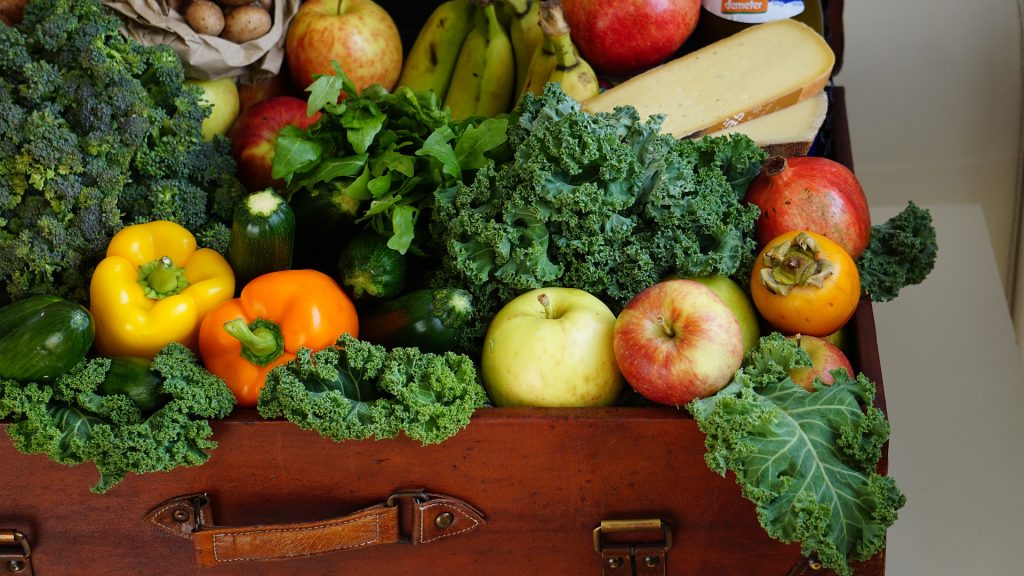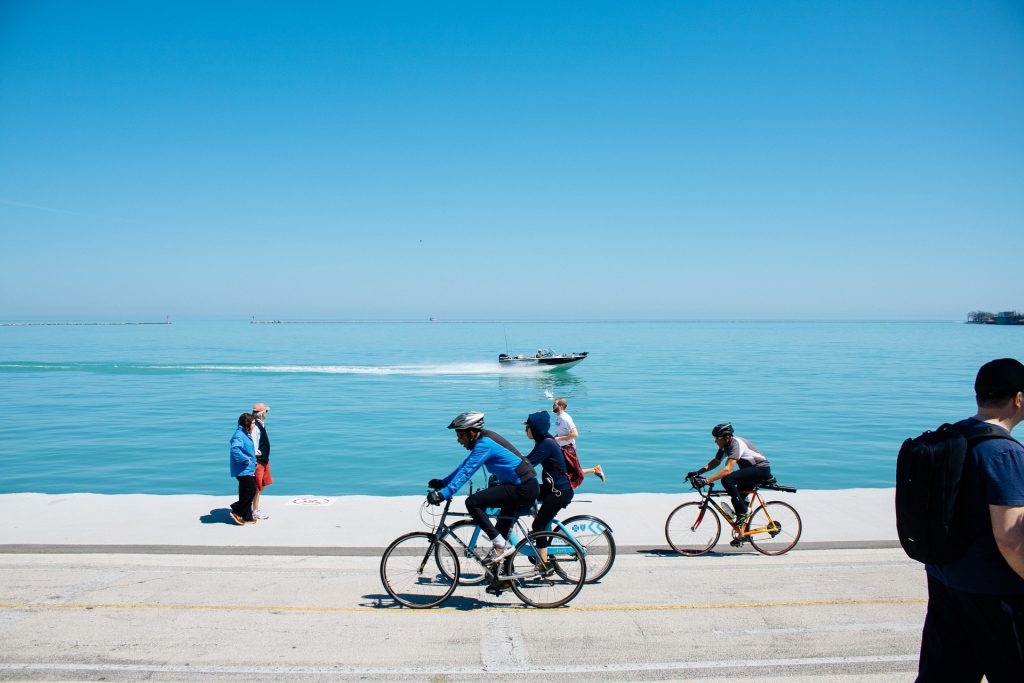
The countries of the Mediterranean basin, like Portugal, have a complete and balanced diet style that, according to experts, protects health, promotes longevity and quality of life. This food option became more visible in the 1950s, when the American researcher, Ancel Keys, found that the Mediterranean countries had a lower incidence of heart attacks compared to other parts of the world. This was not only due to food – plenty of vegetables, legumes, and fruit and moderate consumption of fish over red meats, dairy products, and processed products – but also the fat used, the olive oil.
Many other studies have been made and their findings point to a healthy diet. A food standard that led in 2013 to the so-called ‘Mediterranean Diet’ to be considered ‘Intangible Cultural Heritage of Humanity’ in countries like Portugal, Cyprus, Croatia, Greece, Spain, Italy, and Morocco. UNESCO considers it a cultural, historical and health food model to be preserved and to be passed on as cultural heritage to future generations.
Aware of the importance of this diet, the Ministry of Health of Portugal, through the Directorate General of Health, included it in the National Program for the Promotion of Healthy Eating (read more in the Mediterranean Food Guide).
Experts believe that the Mediterranean diet could reduce mortality from cardiovascular disease, stroke, cancer, Parkinson’s disease or Alzheimer’s, among other stresses.
Mediterranean cuisine is essentially made with soups, stewed, broth or stews, and stands out for the high consumption of fresh products from vegetable origin (little refined or whole grains, vegetables, fruits, legumes, nuts and oleaginous), according to the seasonality and the option for fish is moderate, to the detriment of dairy products, red meat [preferential consumption of white meat: chicken or turkey] or processed products. And as condiments are used onion and garlic, the herbs acting as a substitute for salt and olive oil to be frequently consumed to season or cook. Meals are accompanied mainly by water, and wine consumption is done in moderation (see more on the Mediterranean food wheel).
But attention, in parallel with the diet, it is important to emphasize that regular physical activity is essential for the health of the body since this is the only way to prevent some diseases and also the obesity that nowadays already affects many Portuguese.

Feel more about nutrition in:
Three Philosophical Principles of Life
The energy that makes atoms, cells and the universe vibrate
Food must respect the “nature and state” of the Human Being
Does an obsession with perfect nutrition is an imbalance?
Reinforce your awareness in:
http://www.apn.org.pt/documentos/ebooks/Ebook_Dieta_Mediterranica.pdf




